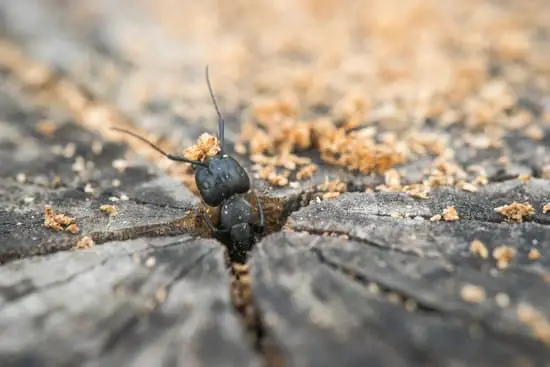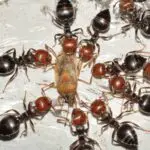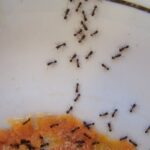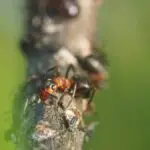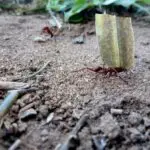How Many Ants Per Human
Counting how many ants per human may not be the most accurate way to measure the insect population on our planet, but it’s a fun way to learn about proportions. It can also help scientists understand how ants might respond to changes in ecology.
Researchers have done their best to quantify the ant population, and have come up with a conservative estimate of 20,000 million million ants. This is just the tip of the iceberg, though, and more research is needed to understand ants’ impact on terrestrial ecosystems.
Ants have been around since the age of dinosaurs, and they are one of the most successful animals on Earth. They are engineers of ecosystems, cleaning up decaying matter, and spreading seeds. In fact, ants outnumber humans by about 193 to 1.
The new study was conducted by researchers at the University of Hong Kong and the Bees, Wasps, and Ants Recording Society. They measured the ant population using censuses of ants from across the world. They found that ants were more abundant in tropical regions than expected. However, they were less abundant in areas where humans were present.
Scientists also determined that the mass of ants on Earth is greater than a fifth of the total human biomass. This is not surprising, considering the fact that ants weigh more than 12 million tonnes. And they are larger than the combined mass of all wild birds and mammals.
The study also found that ants are especially abundant in forests. They spread seeds through tunnels and aerate soil. They also help water reach the roots of plants.
